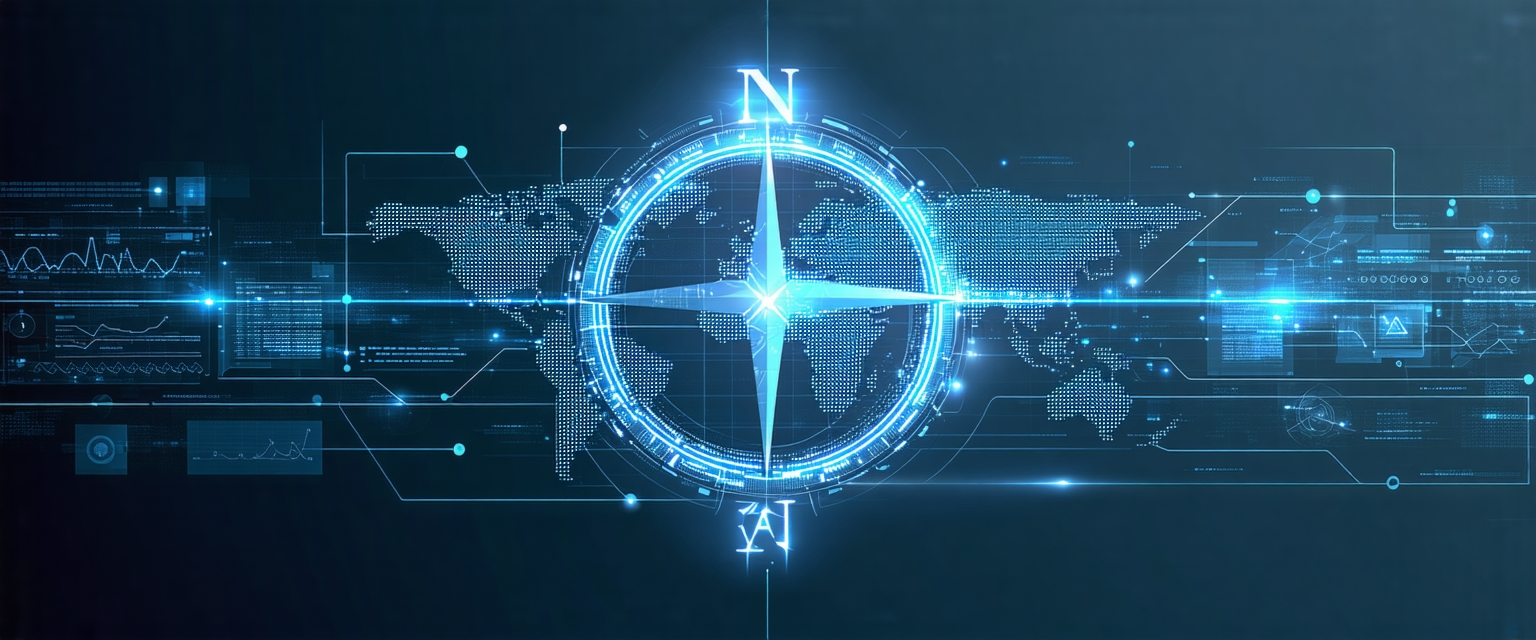






“`html
The rapid advancement of artificial intelligence (AI) has spurred a global race to establish effective regulatory frameworks. Concerns about bias, job displacement, and the potential misuse of AI technologies necessitate proactive policy interventions. The current landscape is characterized by a patchwork of approaches, ranging from self-regulation by companies to comprehensive national strategies.
The initial excitement surrounding AI’s potential has given way to a more nuanced understanding of its risks. High-profile incidents involving algorithmic bias in loan applications and facial recognition systems have highlighted the urgent need for regulation. Simultaneously, the increasing sophistication of AI, particularly in areas like generative AI, has broadened the scope of potential harms.
Furthermore, geopolitical considerations are playing a significant role. Nations are vying for leadership in AI development and regulation, leading to diverse approaches that may fragment the global technological landscape.
The EU’s AI Act, a landmark piece of legislation, is currently making its way through the legislative process. It proposes a risk-based approach, categorizing AI systems based on their potential harm and imposing stricter requirements on high-risk applications. The US, in contrast, has adopted a more fragmented approach, relying on a combination of sector-specific regulations and voluntary initiatives.
Other countries are exploring various models, including those focused on promoting responsible innovation and establishing ethical guidelines. There’s a notable lack of international harmonization, potentially hindering cross-border data flows and creating regulatory arbitrage.
Experts like Meredith Broussard, author of “Artificial Unintelligence,” emphasize the importance of addressing algorithmic bias and ensuring accountability in AI systems. Her work highlights the social and ethical implications of poorly designed AI, underscoring the need for robust testing and auditing processes. (Source: Broussard, M. (2018). *Artificial Unintelligence: How Computers Misunderstand the World*. MIT Press.)
Meanwhile, studies by organizations like the OECD have indicated a strong correlation between proactive AI regulation and increased public trust in AI technologies. (Source: OECD. (2021). *OECD Principles on AI*) This suggests that effective regulation can mitigate risks and foster wider adoption.
The risks associated with unregulated AI are substantial and include the exacerbation of existing societal inequalities, threats to privacy, and the potential for autonomous weapons systems. However, the opportunities are equally significant, encompassing advancements in healthcare, environmental sustainability, and economic productivity.
The future of AI regulation hinges on international cooperation, agile regulatory frameworks that can adapt to rapid technological change, and a focus on promoting responsible innovation. Balancing innovation with safety and ethical considerations will be crucial in shaping a future where AI benefits all of humanity.
“`